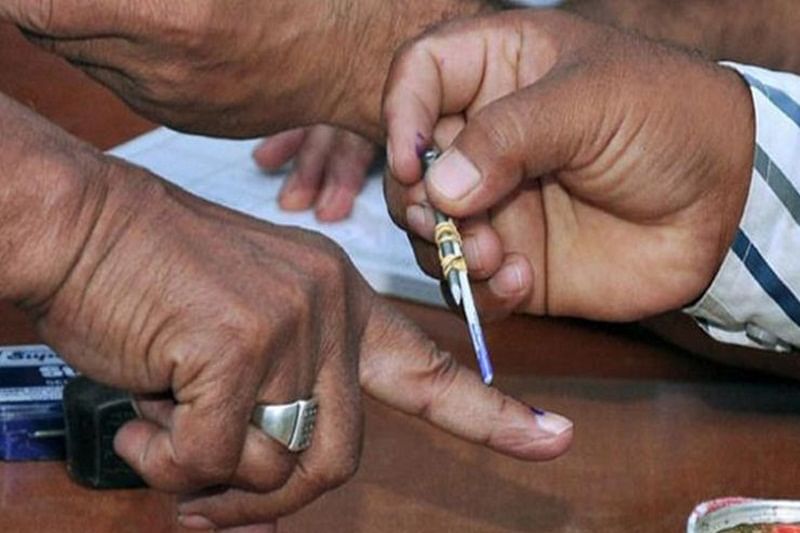In its continuing efforts to go digital, the Election Commission of India (ECI) is collaborating with the Indian Institute of Technology, Madras (IIT-M), to come up with a technology that would allow voters to exercise their democratic right through a digital device.
The new technology will allow electors to vote from far away cities without going to the designated polling station of their respective constituencies.
The project is at present in the research and development stage with an aim to develop a prototype, officials say.
The idea, behind developing this blockchain system is to increase the voting percentage across India, thereby helping citizens to practice their right by leveraging technology.
Besides, the EC has also proposed the linking of Voter Id cards with Aadhaar, as it feels that linking the cards will ensure the robustness of the blockchain-based system.
Although the EC rejects the notion of EVM tampering, the blockchain-based initiative is a welcome step towards being transparent building trust among citizens.
Senior Deputy Election Commissioner Sandeep Saxena said the concept is a “two-way electronic voting system, in a controlled environment, on white-listed IP devices on dedicated internet lines, enabled with biometric devices and a web camera”.
The “two-way block chain remote voting” process would involve voter identification and authorisation using a multi-layered IT enabled System.
After a voter’s identity is established by the system, a block chain enabled personalised e-ballot paper (Smart Contract) will be generated. When the vote is cast (Smart Contract executed), the ballot would be securely encrypted and a block chain hashtag (#) will be generated that would be sent to the candidates and political parties.
Blockchain technology, now being put to use for a raft of services from land-record verification and digitisation to banking, will be used to set up a two-way electronic voting system.





